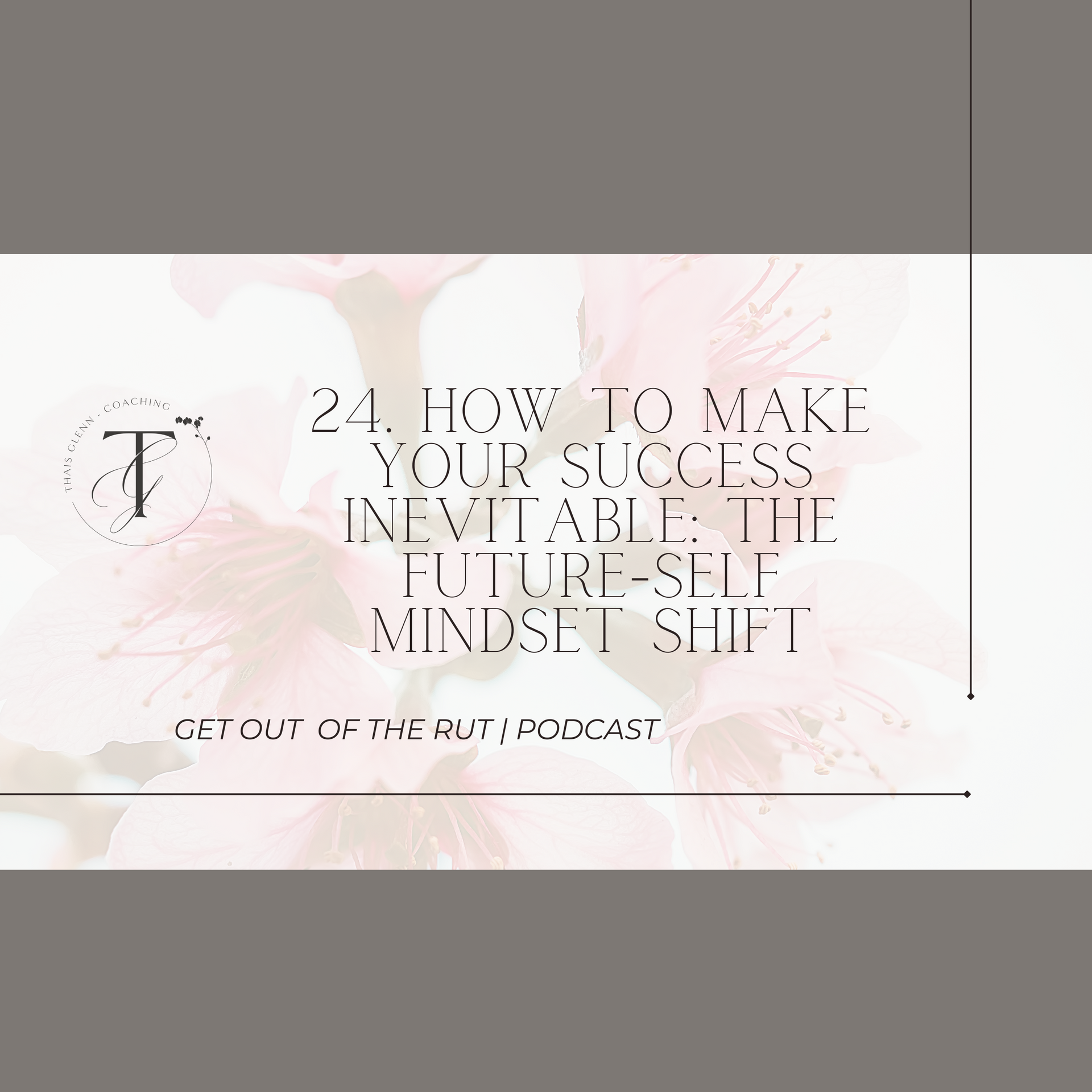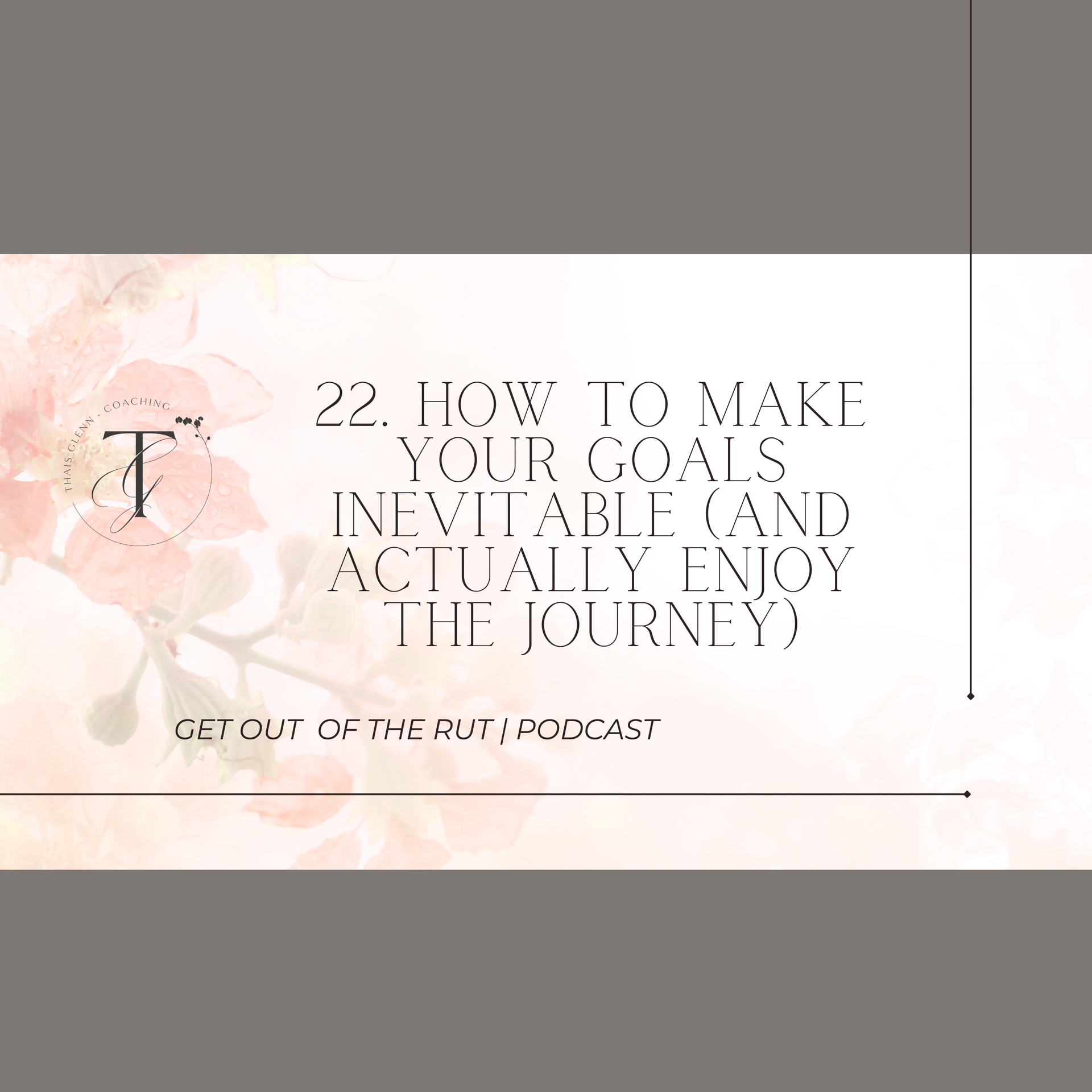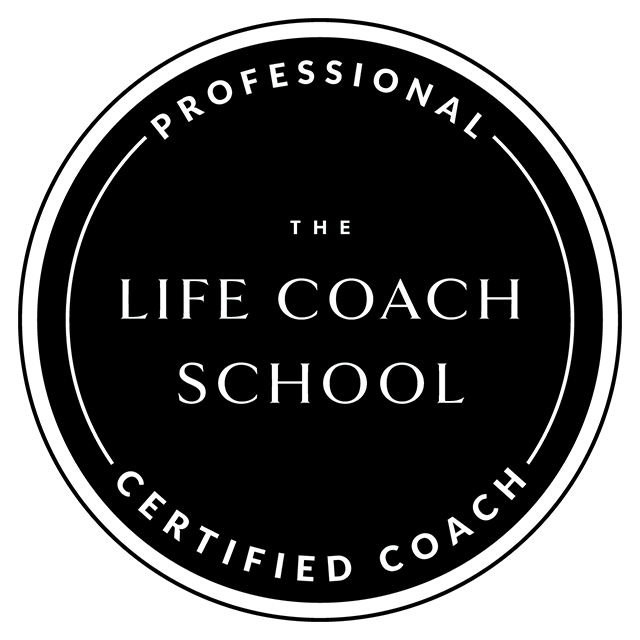Thais Glenn Coaching
Blog & Podcast
“You are capable of so much more than you realize. Give yourself the grace to grow—one step at a time.”

Why Knowing Isn’t Enough: How to Turn Self-Help into Lasting Change
But during those weeks of visible illness, something struck me. When I was sneezing or lying in bed, my family immediately noticed and stepped in to help. My husband made soup, my kids brought crackers, and I felt cared for.
Now, contrast that with mental struggles—the ones we all go through but rarely talk about. Stress, self-doubt, feeling stuck in a rut. These challenges are invisible, and far too often, they go unnoticed and unacknowledged.
Here’s the truth: we are all carrying something. Even the most emotionally intelligent among us—those self-help gurus who claim they’ve transcended suffering—are not immune to life’s challenges. And that’s why kindness, compassion, and patience are so critical.
Today, I want to share some of the biggest lessons I’ve learned as a coach about bridging the gap between knowing and doing. If you’ve ever felt stuck despite all the books you’ve read and podcasts you’ve listened to, this is for you.
1. Consuming Self-Help Content Isn’t Enough
Let’s start with a tough truth: many of us are addicted to self-help. We binge podcasts, courses, and books, thinking, If I just learn one more thing, I’ll finally figure it out.
But here’s the problem: consuming more information doesn’t create change. In fact, it can make you feel worse. The more you learn without applying, the more you reinforce the story that you’re “not good enough.”
“The key isn’t in how much you know—it’s in what you do with what you know.”
Take a moment to ask yourself:
How much time are you spending consuming versus applying?
What’s one small step you can take today to practice what you’ve already learned?
2. Your Brain Resists Change—But It’s Possible
One of the reasons transformation feels so hard is because of how your brain works. Your brain is wired for efficiency. It loves routine and familiarity, which means the habits and thought patterns you’ve built over decades are deeply ingrained.
Think of it like walking a well-worn path in a forest. It’s easy, automatic, and doesn’t take much effort. But when you try to create a new path, it’s slow, uncomfortable, and your brain resists.
“Real transformation isn’t instant—it’s gradual, intentional, and deeply personal.”
The good news? You can rewire your brain. But it takes patience and practice. Change isn’t about doing everything at once. It’s about taking one small step at a time and letting those small steps build into something bigger.
3. Awareness Alone Won’t Get You There
Awareness is important—it’s the first step in recognizing the patterns and beliefs holding you back. But awareness alone isn’t enough. The missing piece? Acceptance.
Acceptance means acknowledging where you are without judgment. It’s saying, This is my starting point, and that’s okay.
“Acceptance is the bridge between awareness and transformation.”
Without acceptance, awareness can quickly turn into self-blame. You think, I should be further along, and that shame keeps you stuck. But when you accept where you are, you create space for growth.
Here’s an exercise for you:
Reflect on an area of your life where you feel stuck.
Ask yourself, What would it look like to accept this as my starting point without judgment?
4. Coaching Turns Guilt into Growth
One of the most powerful tools for creating lasting change is coaching. A coach helps you see your blind spots, reframe your thoughts, and turn self-awareness into actionable steps.
Coaching isn’t about fixing you—it’s about helping you see what’s possible and guiding you toward it with compassion.
“You are not broken, and you don’t need fixing. You just need someone to walk alongside you as you grow into the person you want to become.”
If you’ve been stuck, I want you to know this: you don’t have to figure it out on your own. Coaching can provide the support, accountability, and clarity you need to turn your knowledge into transformation.
5. Small Steps Lead to Big Changes
If you’re ready to start applying what you’ve learned, here’s my challenge to you:
The next time you finish a book, podcast, or course, ask yourself: What’s one small step I can take to practice what I just learned?
Transformation doesn’t come from knowing—it comes from doing. And the smallest actions, done consistently, can create the biggest changes.
Final Thoughts
Knowing isn’t enough, and that’s okay. You don’t need to have everything figured out today. Real transformation takes time, patience, and practice.
If you’re ready to take the next step, I’d love to help you on your journey. Whether it’s overcoming self-doubt, building confidence, or designing a life that feels fulfilling, coaching can help you bridge the gap between where you are and where you want to be.
“You are capable of so much more than you realize. Give yourself the grace to grow—one step at a time.”
Journaling Prompts:
Discover Your Future Self 💖
What story do I tell myself about why I’m stuck, and how can I approach that story with curiosity instead of judgment?
Reflect on the beliefs that might be holding you back and explore how you can rewrite them with self-compassion.
If I could speak to myself as I would to a dear friend, what would I say about where I am in life right now?
Practice extending kindness and encouragement to yourself as you would to someone you deeply care about.
What’s one small thing I’ve accomplished recently that I can genuinely celebrate? Why is it important to acknowledge this?
Shift your focus from what’s missing to what’s working, and give yourself credit for your progress.
What does my inner critic often say to me, and how can I respond to it with love and understanding?
Identify negative self-talk and practice reframing it with gentle, affirming responses.
What would my future self—the version of me who has achieved my goals—tell me about the journey I’m on right now?
Imagine your future self offering you wisdom, reassurance, and perspective on your current challenges.
What does self-compassion look like for me today? What are three small acts of kindness I can show myself right now?
Explore tangible ways to nurture yourself and create a supportive environment for growth.
If I fully accepted where I am right now, how might that change the way I approach my goals?
Consider how acceptance can create space for growth and reduce the pressure of perfectionism.
What is one habit or thought pattern I’d like to shift, and what’s the smallest step I can take to start changing it today?
Focus on incremental change rather than an overwhelming overhaul.
How does my current way of thinking about myself affect my ability to grow? What new belief could I adopt to support my transformation?
Challenge limiting beliefs and replace them with empowering ones.
If I fully believed I was capable of creating the life I want, what would my next step be?
Visualize your next action as if success were inevitable and align it with your future self’s vision.






